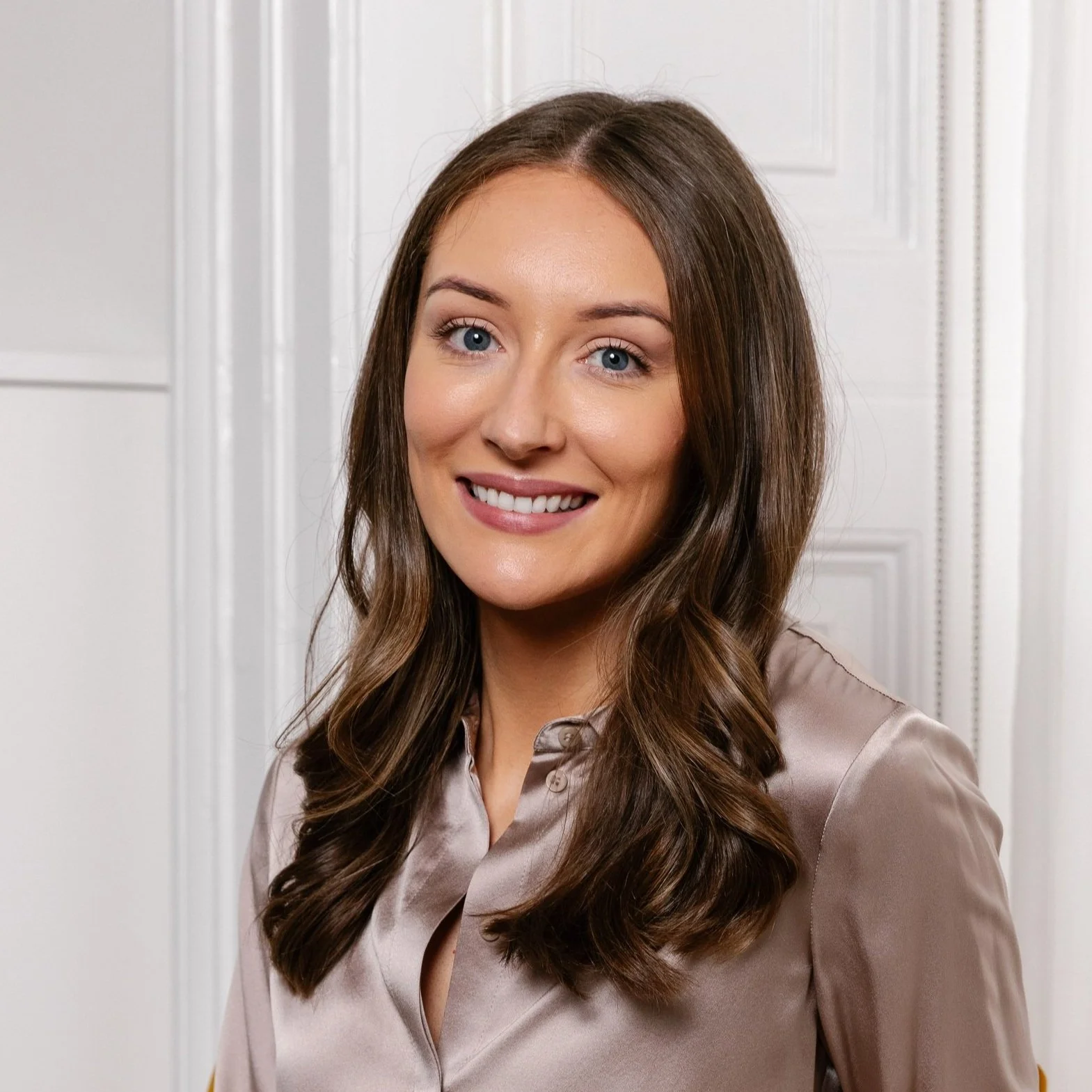How Speech and Language Therapists support children with neurodevelopmental conditions
If your child has a neurodevelopmental condition such as autism, ADHD, or a learning disability, you may wonder how Speech and Language Therapy (SLT) can help. Communication is at the heart of learning, friendships, and everyday life, and SLTs are here to support children and families in building these essential skills.
What Are Neurodevelopmental Conditions?
Neurodevelopmental conditions are differences in how the brain develops. They can affect how a child learns, communicates, and interacts with others. Common examples include:
Autism spectrum disorder (ASD)
Attention deficit hyperactivity disorder (ADHD)
Developmental language disorder (DLD)
Learning disabilities
Global developmental delay
The NHS explains that children with these conditions may need extra support with speech, language, and communication (NHS – Conditions and Treatments).
If you’d like to learn more about how our team supports children with these profiles, visit our page on Speech and Language Therapy for Children in London.
How SLTs Can Help
SLTs work with children to:
Develop understanding of language – helping them follow instructions and understand words.
Support expressive language – building vocabulary, sentences, and confidence in speaking.
Encourage social communication – supporting turn-taking, conversation skills, and play.
Introduce alternative communication systems – such as signs, symbols, or AAC (augmentative and alternative communication) if speech is limited.
Work on speech clarity – helping children who find it hard to pronounce sounds.
Every child is different, so SLTs tailor support to your child’s needs and strengths. You can learn more about our individual therapy sessions at home, nursery or school or at our Harley Street clinic.
Working with Families, Nurseries and Schools
SLTs don’t just work with children - we support parents, carers, and teachers too. This may include:
Showing you strategies to use at home (e.g., using visuals, giving extra time to respond).
Training nursery or school staff so they can support communication throughout the day.
Helping families access resources and support networks such as the National Autistic Society.
This joined-up approach helps children use their communication skills in real life, not just during therapy sessions. Learn more about our collaborative approach and how we work alongside families and educators.
Why Early Support Matters
Research shows that early intervention improves outcomes for children with neurodevelopmental conditions. For example:
The Royal College of Speech and Language Therapists (RCSLT) highlights that communication skills are essential for learning, relationships, and wellbeing.
Early support helps children gain independence and reduces frustration linked to communication difficulties.
The earlier therapy strategies are put in place, the more opportunities children have to thrive. If you’re waiting for an assessment or want to start therapy early, you can book a consultation with Baby Speak today.
How Baby Speak Can Help
At Baby Speak, our team of HCPC-registered SLTs supports children with neurodevelopmental conditions across, but not limited to, Kensington, Chelsea, Hampstead, Maida Vale, St John’s Wood, Notting Hill, Marylebone, Islington, The City of London, and Hackney.
We provide:
Individual assessments to understand your child’s communication profile.
Therapy at home, nursery, or school, in the places your child feels most comfortable.
Practical strategies for families to use every day.
Close collaboration with teachers and SENCOs to support your child in education.
If you are concerned about your child’s communication, don’t wait. Contact Baby Speak today to arrange an assessment or book an appointment online.
References
NHS. Conditions and Treatments. https://www.nhs.uk/conditions/
National Autistic Society. Parent Support. https://www.autism.org.uk/advice-and-guidance/topics/parents-and-carers
Royal College of Speech and Language Therapists (RCSLT). Why Communication is Important. https://www.rcslt.org/speech-and-language-therapy/why-speech-language-and-communication-is-important/
Emma O’Dwyer
Speech and Language Therapist, IBCLC Lactation Consultant and Founder of Baby Speak


